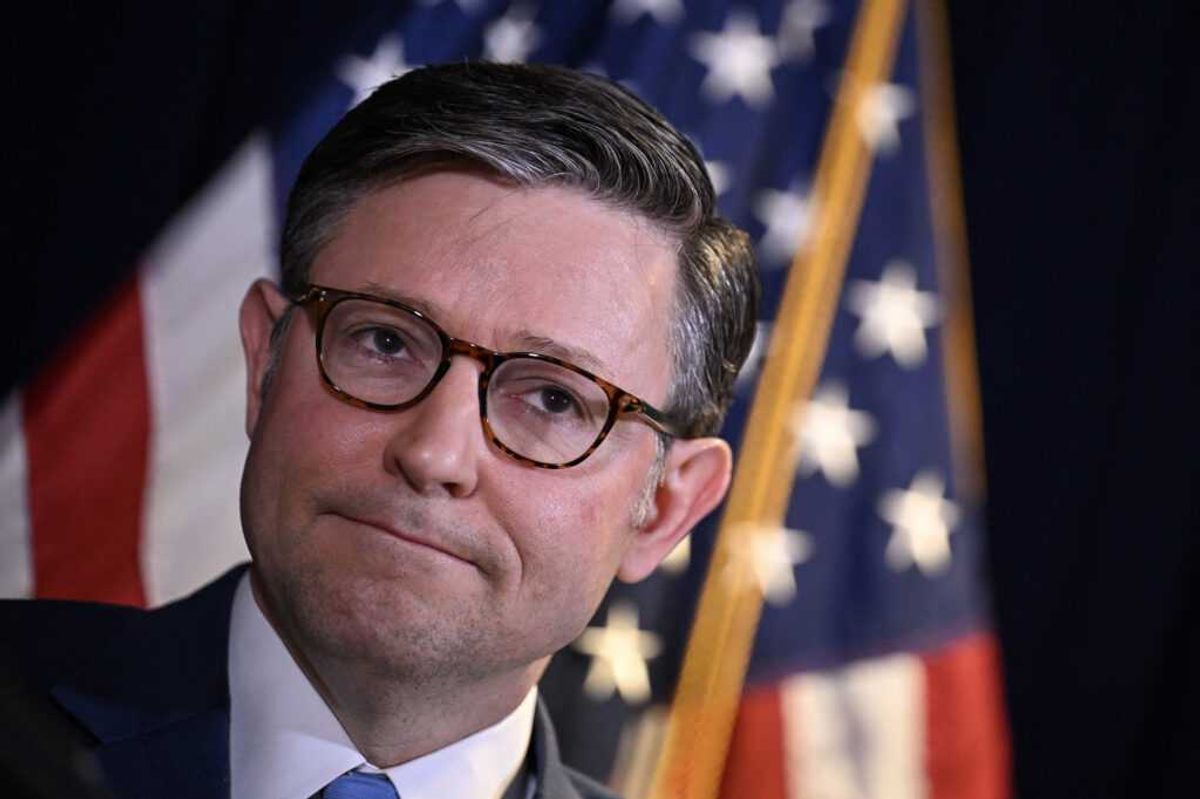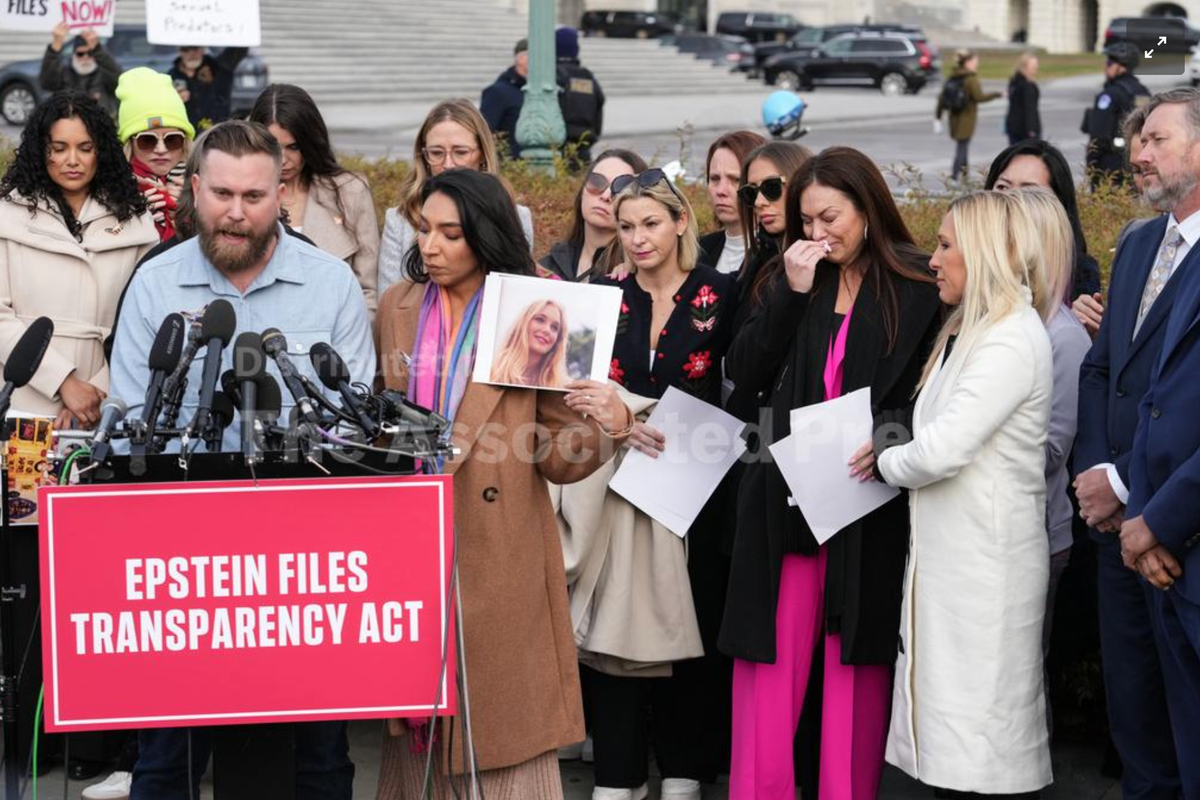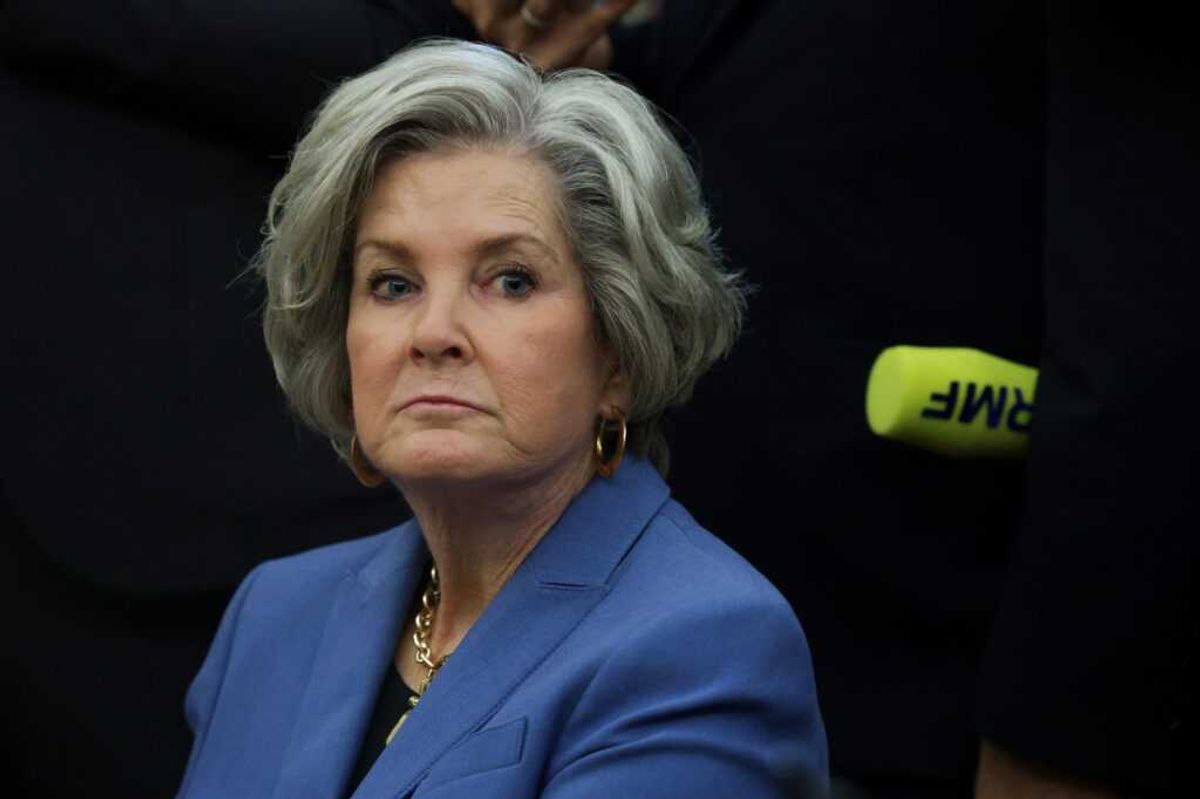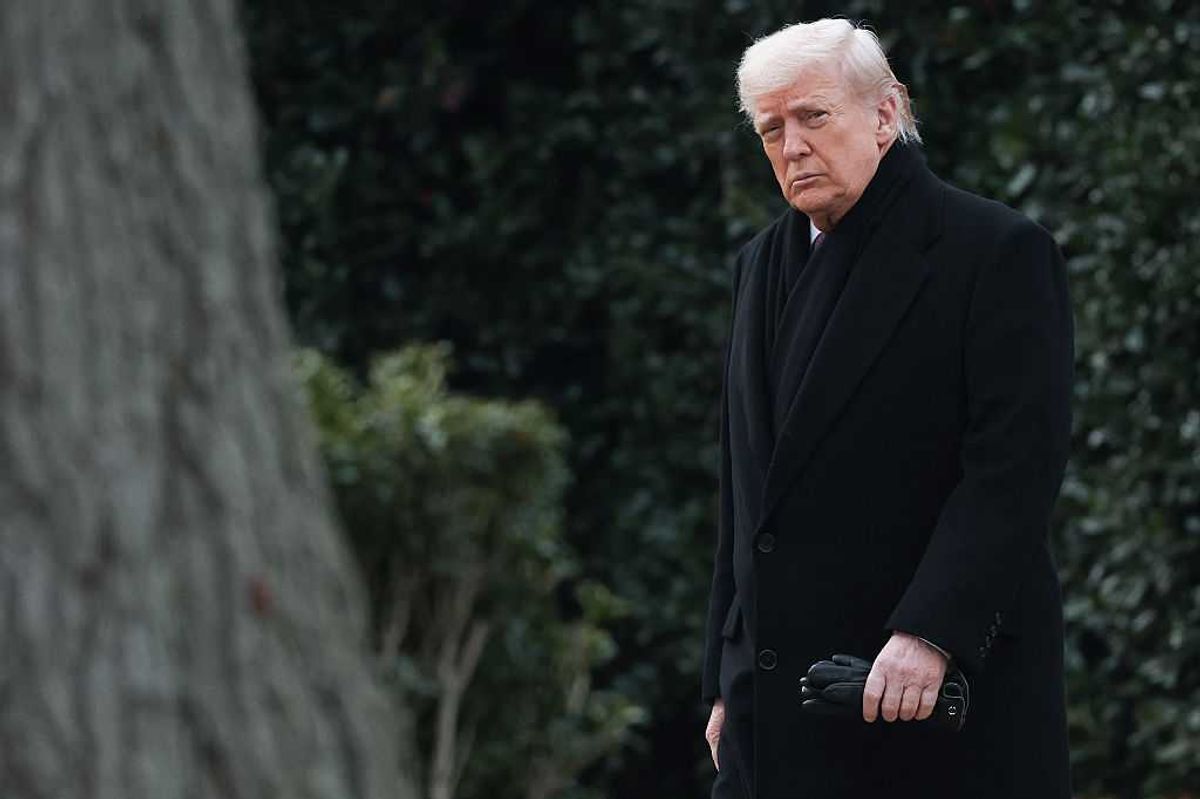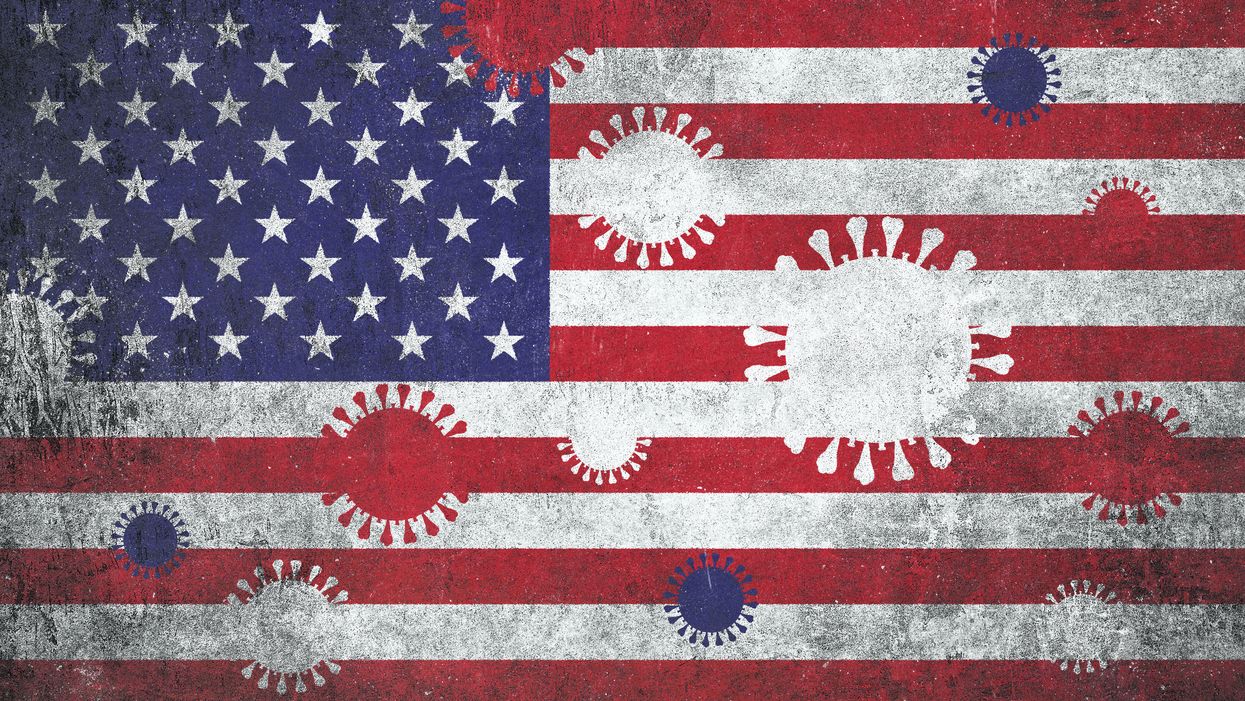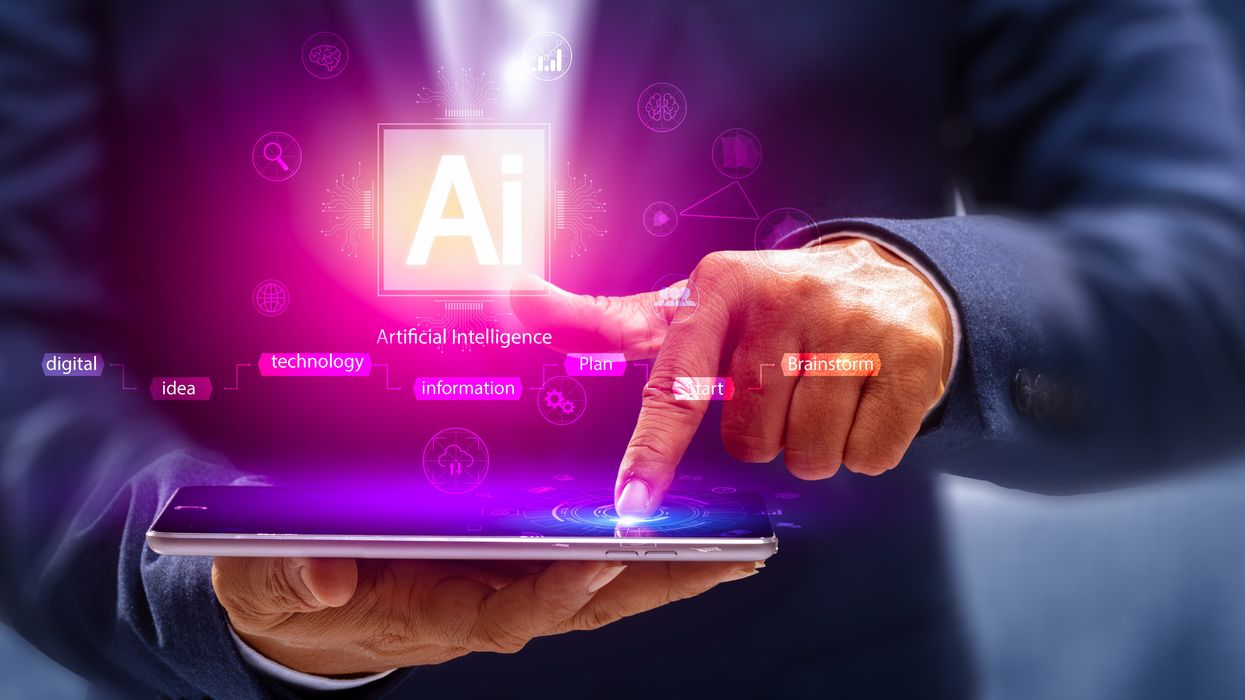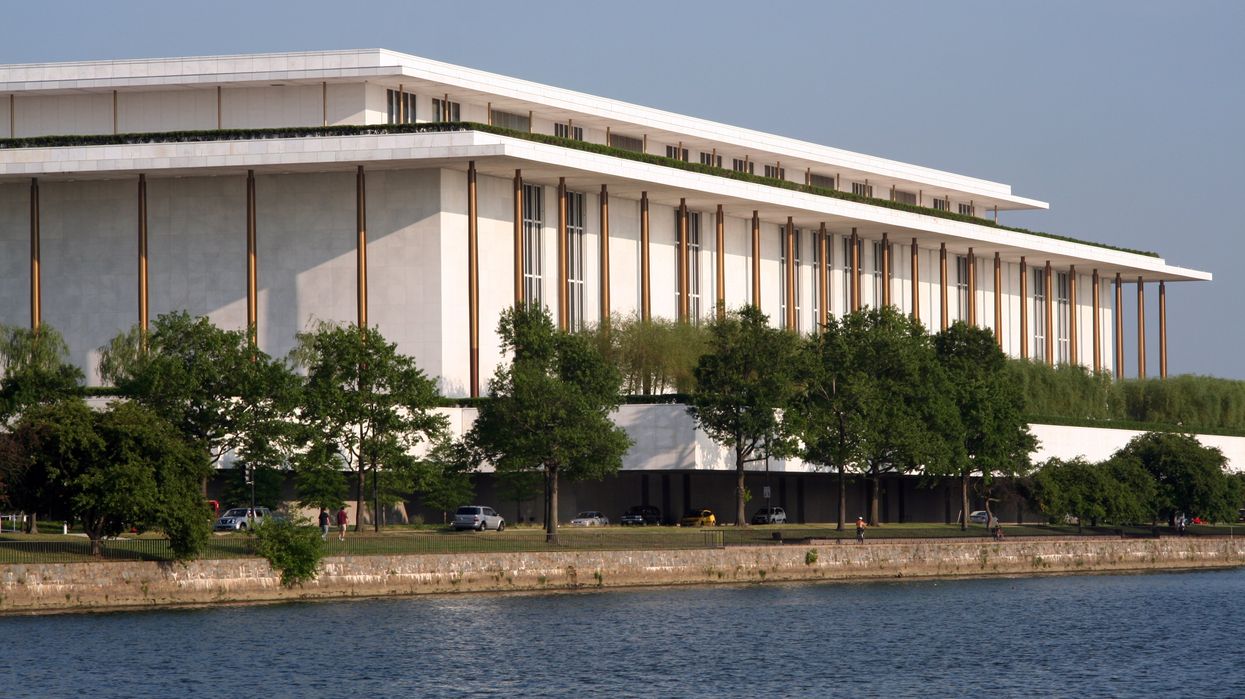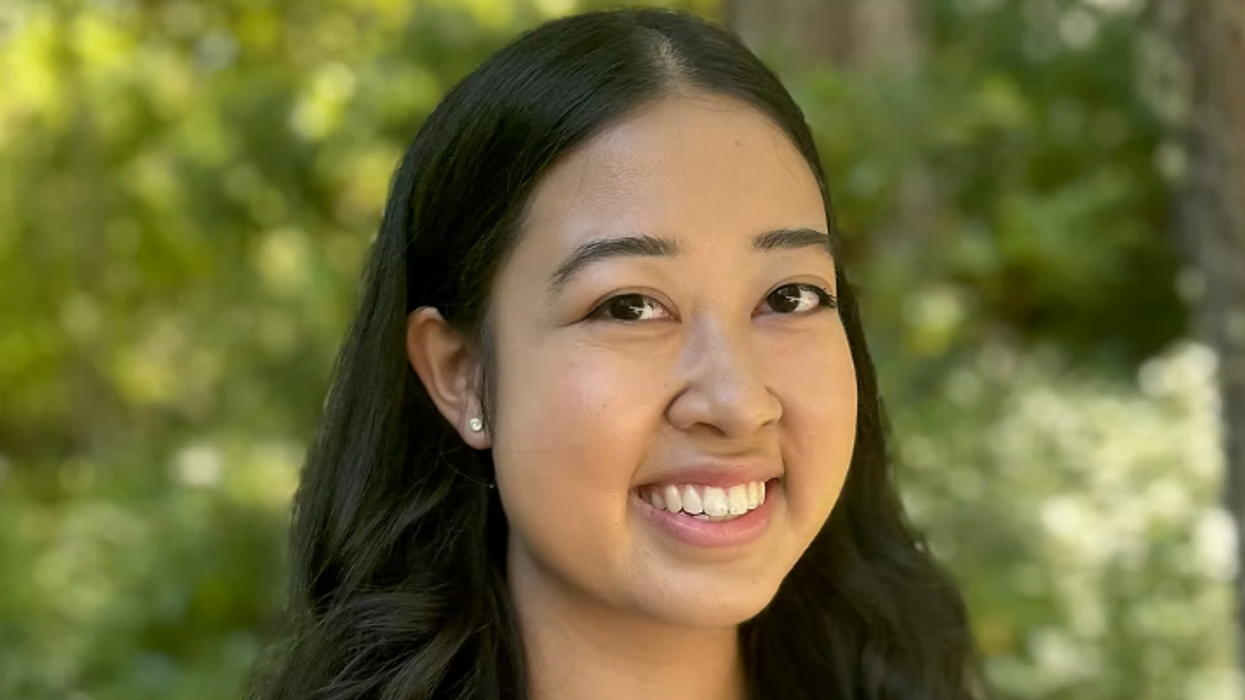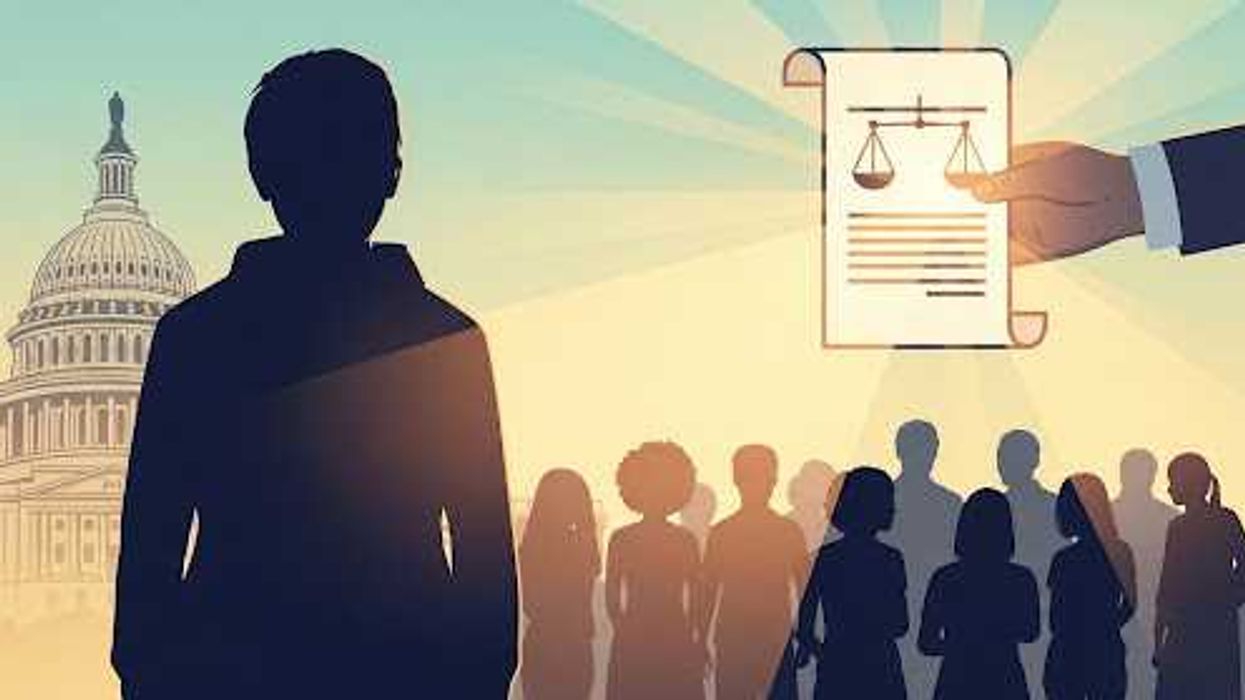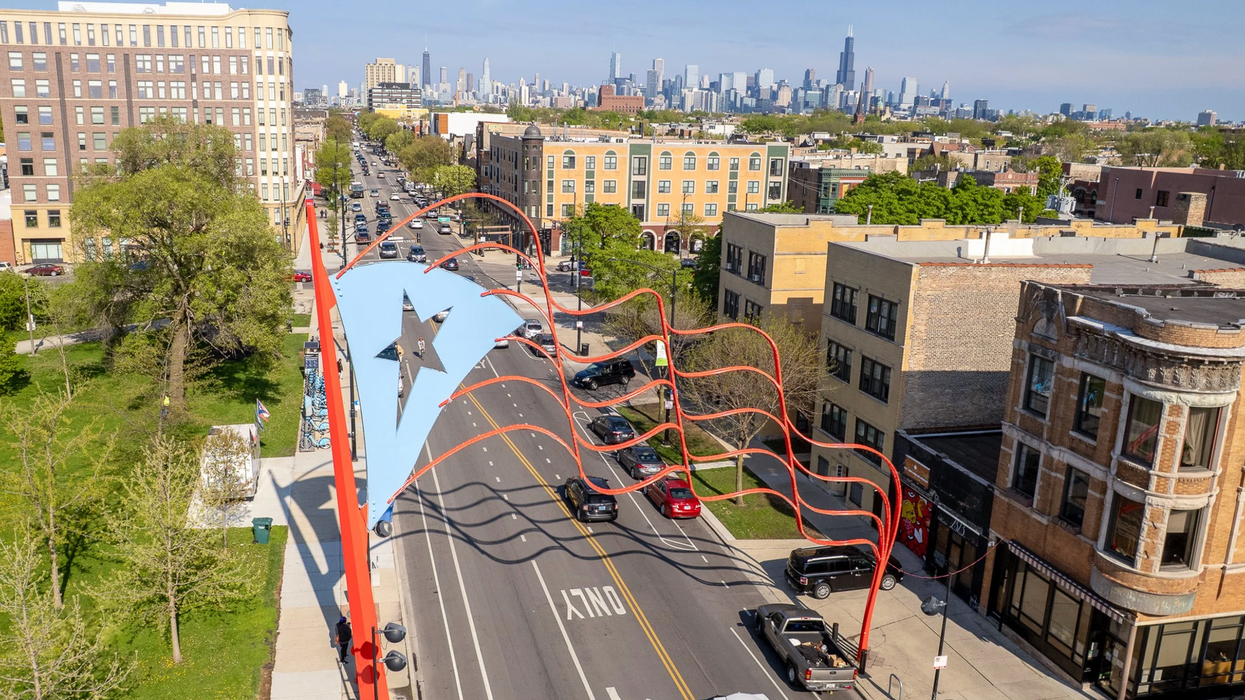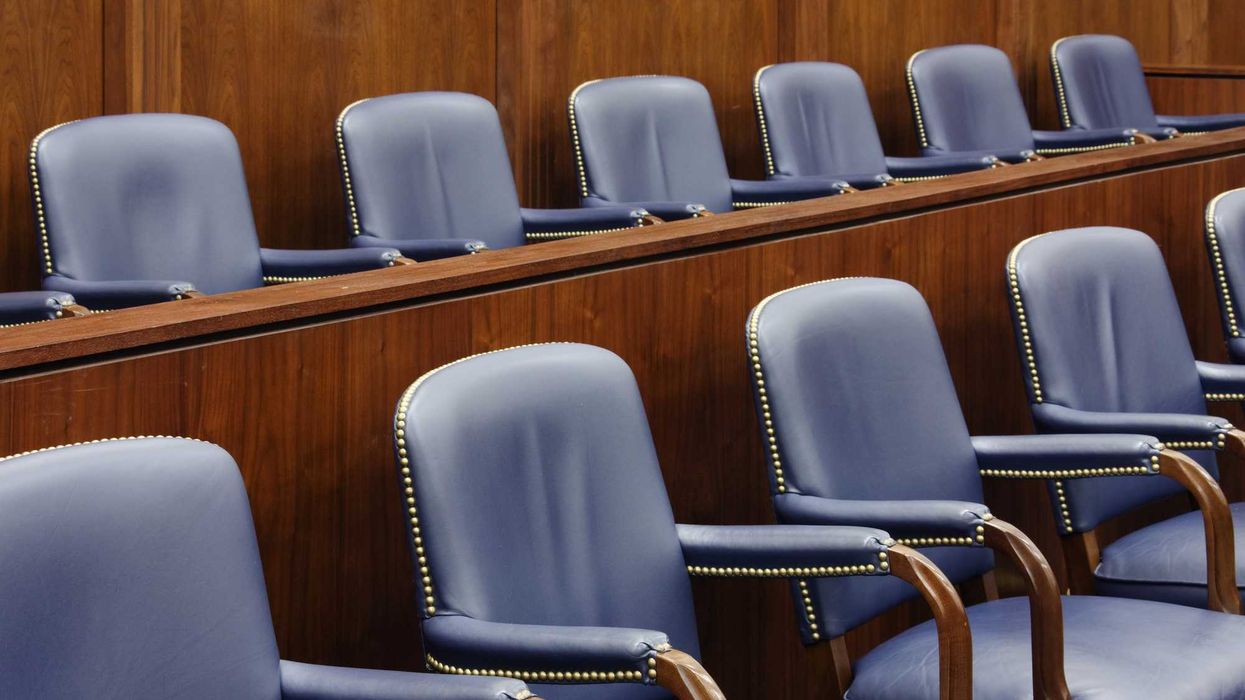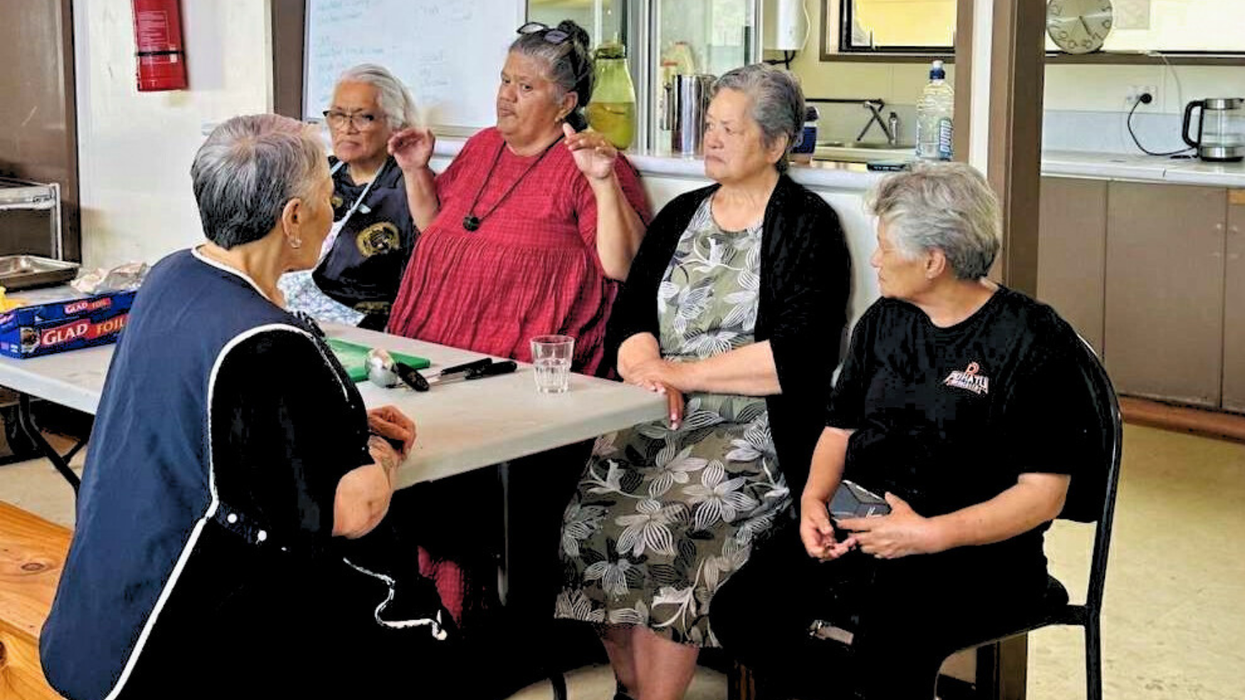Kneip is a sophomore at the University of Notre Dame and vice president of the school's chapter of Bridge USA, a national student-run organization seeking to depolarize campuses and boost their civic engagement.
A hobbled economy illustrated by spotty grocery store inventory, unprecedented unemployment, rising death tolls and mass uncertainty. The suspension of overseas travel, wedding receptions, religious celebrations, parties, concerts and in-person classes.
In once-bustling cities from New York to San Francisco, one would have thought it impossible to ever feel so alone. Yet the empty streets and exhausted medical workers should reveal something to us: The American people may value independence, but we will never be independent.
Globalization, while not a new phenomenon, has been rapidly picking up speed in the last 25 years due to increased access to information and technological advancements in data sharing and fiber optics. In light of the coronavirus pandemic, it is evident the United States has yet to learn a lesson from other countries by failing to invest in a civic education which promotes an essential global element in understanding American identity.
Martha Nussbaum's "Patriotism and Cosmopolitanism" attributes this failure in American civic education to a belief in the superiority of American values.
While we pride ourselves in the belief that all humans are created equal, we contribute to a living standard that cannot be universalized because of the economies of many developing nations. If humans are truly endowed with certain inalienable rights, then we — as a nation committed to justice and liberty for all people — are obliged to consider, interact with and cooperate with the rest of the world's ways of thinking.
Adopting a cosmopolitan approach to our concept of citizenship does not require relinquishing our American identities. It does compel us to take a second look at how important that identity is to us. A study two years ago found that only a third of native-born Americans were able to pass the government's civics test for prospective citizens — which 90 percent of the real test-takers pass.
We must not place unwavering trust in American patriotism when its main practitioners lack basic governmental, historical and cultural knowledge — harming the very values of unity, justice and equality that patriotism claims to uphold.
The value of communal or national identification should not be regarded as superficial, but concern must also be paid to the development of a community open to all. Education that cultivates appreciation of difference is imperative, so each generation may be able to identify and emphasize common aims and perspectives among those who may initially seem different. Understanding the experience of another and suspending judgement allow one to be receptive to perspectives previously unconsidered.
Such a blended identity of national and universal perspectives — or cosmopolitan patriotism, as the British-Ghanaian philosopher Kwame Anthony Appiah calls it — is not only beneficial, but essential. Now more than ever, the United States finds itself embroiled in conflict alone atop the international stage, as it remains the global epicenter of the pandemic.
Amid our devastation, the coronavirus has presented us with an opportunity to reconstruct the view of how we, as Americans, interact with the global community. It is imperative we take this opportunity with all proper urgency and awareness. We have seen what will happen if we do not respond. To overcome this global pandemic, we need to reinvent the way we engage in civil discourse.
I joined BridgeUSA before I ever needed to consider that it was exactly the kind of organization we need in a global pandemic. Now, I realize how crucial our mission — of cultivating respectful dialogue from a multitude of perspectives — is.
It is these perspectives — based on our demographic diversity, approaches to problem-solving and personal backgrounds, traditions and experience — that hold the truth of American identity: We the People are a nation of immigrants. We are the leading force of democracy. But we will not succeed in upholding our treasured American values until we recognize that the world's problems are our problems.
The way forward starts by acknowledging the interdependence of humanity as well as the relevance of individual experience and expertise. To end this pandemic, medical advancements must become public goods to all. Information on vaccine and prevention progress must be public knowledge. Breakthroughs achieved through such cooperation must maintain international accessibility, not become unattainable in many markets.
We need to follow the example of the Chinese and Cuban doctors and nurses who bravely traveled to Italy and Mexico this spring to aid them in their fight against the virus. We must be ready to freely send humanitarian aid as Turkey has done. The source does not matter, though politics would have us believe otherwise. In a global pandemic, allies and trade partners do not matter. A virus does not obey such restrictions.
For once, the world faces a common enemy. We must first concentrate on defeating it, with all proper and judicious cooperation. We can worry about who to blame later. And that can be a start to our fresh American identity — one that can be a proud part of our civic education system.

